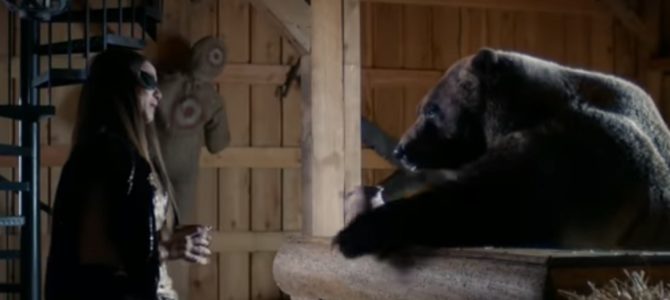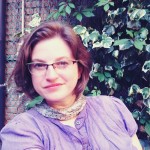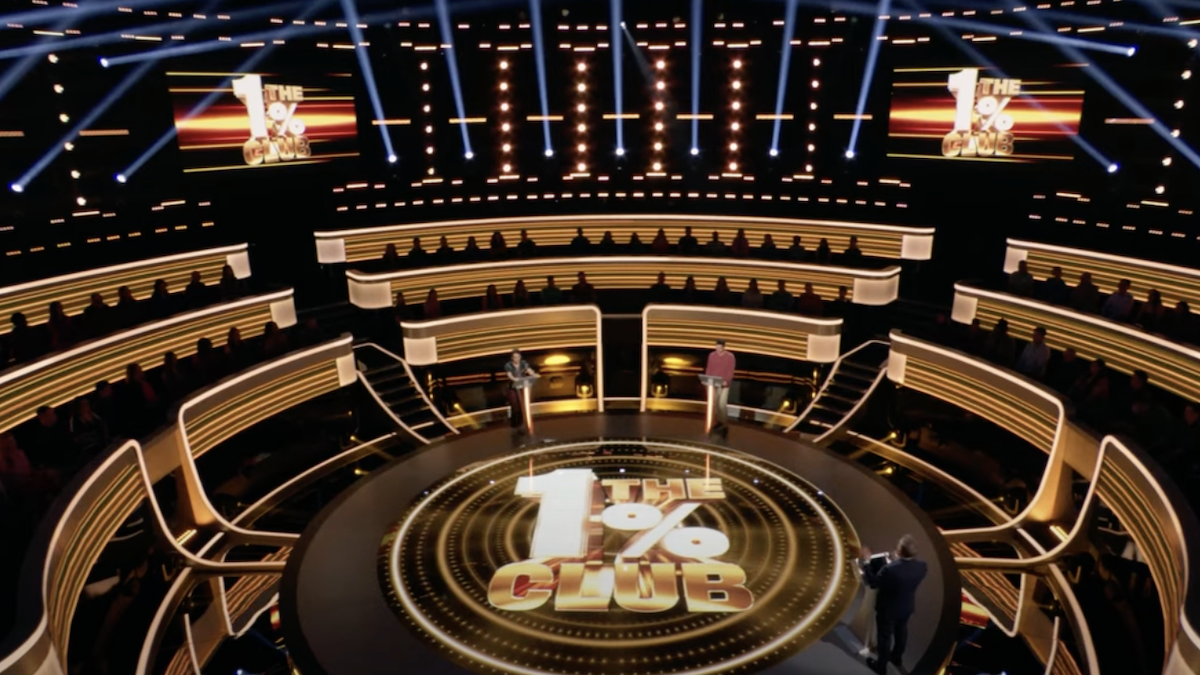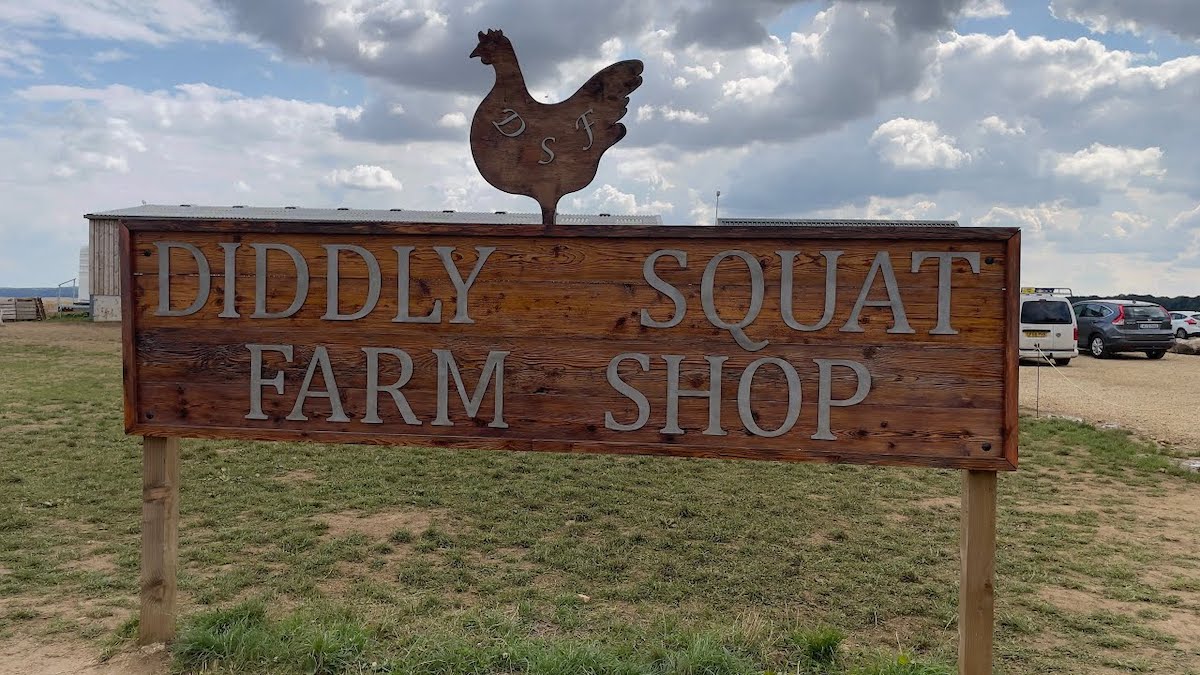
A yearning to believe in magic is pervasive worldwide. Generations of humankind have confronted the natural world and determined that it is not a chaotic maelstrom of confusion, but that the universe is ordered.
The attempt to perceive this order and control it for one’s own means is ancient. Before there were scientists, this was the realm of magicians. These days, stories of magicians have been relegated mostly to kids’ books and fairy tales, which is what makes SYFY’s “The Magicians,” based on Lev Grossman’s trilogy of the same name, such a treat. “The Magicians” is a show for discerning, imaginative adults, and the realms of magic aren’t the only netherworlds it explores.
In our collective consciousness, we imagine magicians as powerful beings able to manifest a better reality, for both themselves and us. “The Magicians” is a captivating and earnest yet ironic entry into the American canon of magic practitioners, witches, and warlocks. Its first two seasons were something of a Harry Potter for grownups. Instead of Bertie Botts Every Flavor Beans and healing spells, there was sex magic and psychedelic veggies, and no one was even remotely well-adjusted.
Playing with the Magic and Fantasy Genre
“The Magicians” centers around Brakebills, an intense school for budding magicians where applications are accepted by invitation only. The ultimate feather in the academic elite’s cap, Brakebills matriculation opens doors that Columbia University students only dream of.
The school is outside New York City, somewhere up the Hudson River, protected by wards and invisibility spells woven by tough professors who are loathe to sympathize, fraternize, or adequately guide their students in magical exploration. Despite the administration’s best efforts to lock magic down for the entitled few, some purvey magic outside the invisible ivory towers. Those who practice this street-style sorcery are known as hedge witches, and what they spell gives off a dirty vibe.
In a send-up of the magical and fantasy genre, Grossman embedded a series of books within his books, the fictitious Fillory and Further series. These books have the feel of Narnia, with Fillory portrayed as a medieval-style realm complete with talking creatures and mythical beasts. But it turns out that Fillory is a real place, an alternate world that is one of seemingly infinite worlds.
The worlds of “The Magicians” are overlapping, alternate realities, each with their own rules, reasons, and systems of logic. Throughout seasons one and two, writers Sera Gamble and John McNamara deftly peel away each layer of reality like leaves of an artichoke. At first it seems they are on a journey to the heart, the most ultimate realest of realities, but season three is all about the quest, lives lived on the road in pursuit of an elusive goal.
An Epic Quest to Get Magic Back
With the third season on SYFY, headed for its grand finale tonight, “The Magicians” has really hit its stride. No longer a grown-up Hogwarts, Brakebills suffers from pedagogical confusion much like that of contemporary American universities. Magic has gone from the mortal universe. So without magic, what use is a university that specializes in teaching it?
The show’s heroes, led by the ultimate fanboy Quentin Coldwater (Jason Ralph), have embarked on an epic quest to get magic back. The initially reluctant heroes of “The Magicians” have stumbled through fantasy realms, astral planes, and other worlds, but now they begin to embrace their raison d’etre.
These are no ordinary heroes. High Queen Margo (Summer Bishil) has a delightfully and thoroughly filthy vocabulary, while her BFF Eliot (Hale Appelman) is an avowed party boy as reluctant king who lives up to the responsibilities of leadership. Back in the earthly realm, Penny (Arjun Gupta) and true love Kady (Jade Tailor) grapple with the limitations of both sanity and the astral plane, while Alice and Julia (Olivia Dudley and Stella Maeve) begin to realize that there are as many kinds of magic as there are magicians to wield it.
“The Magicians’” season three is a search for missing magic, the kind encountered in traditional magic narratives. To believe in this kind of magic is to believe that the natural world is ordered, makes sense, and can be manipulated if only you know the right spell.
The truth, however, is that the show has the best kind of magic at its fingertips, and it’s not the spell-based kind. The best, most intense magic does not tap into an unseen order and seek to control it. Instead, it taps into chaos, and succumbs to it.
The Otherworldly Life and Times of New York
The otherworldly medieval style kingdom of Fillory, where our heroes are kings, is not the only magical realm in “The Magicians.” The show also taps into the spectacular, fantastical, sexually liberated, underground drug-fueled world of New York. “The Magicians” shows us the New York the kids always dream of, the New York that draws all New Yorkers-at-heart to the metrop, the New York where the realization of every desire is more than possible, it’s probable.
The legends of magic New York have drawn weird kids from all over the country to its chaotic bounty. Lacking a consistent order, or any semblance of rules, the magic of New York subcultures is sought by errant youth worldwide.
This magic manifests in parties on side streets down alleyways up several flights of stairs, thronged with seriously intense carefree youth steeped in esoteric ideas, minor chords, and art, sporting black-lined eyes. “The Magicians” continues the mythology of the deep, underground NYC, where people spill out lines on glass tables in dingy penthouse apartments and the party continues for days.
Just as no amount of drugs can really give you a better, clearer, more confident life, neither can magic. The promise of magic is as much of an illusion as the promise of a perpetual high. “The Magicians” drives this home in season three, where tough Kady, a woman who knows who she is and what she’s about, finds herself in a high-security mental ward due to a heroin habit.
Quentin, with a history of psych placements and unrequited loves under his belt, clings to a quest that he believes will right all his wrongs and bring magic back. Yet magic is not an answer unto itself. No matter how many spells a magician casts, how many illusions painted over the surface of reality, a magician is still exactly who he or she is, and people have to deal with that.
An Illusion of Control
Magic doesn’t save the heroes of “The Magicians.” It doesn’t give them vast assets and power over their existing realities, it only provides an illusion of those things. The thing about illusions is that they can feel realer than life. And like Fox Mulder of yore, we want to believe.
Wanting to believe that there’s a deeper, broader world beyond what we can see and experience is a permanent fixture of human thought. We want to look out at the world and believe that there is more to this life, some realm of creation beyond our perception, just waiting to reveal itself to us.
That, in essence, is the beauty of “The Magicians.” It is open to our imaginations in a way that other magical shows are not. The characters are hopelessly flawed, self-conscious, and have complicated pasts in which childhood neglect and expectations and traumas haven’t turned them into superheroes, but adults with difficult relationships to reality.









